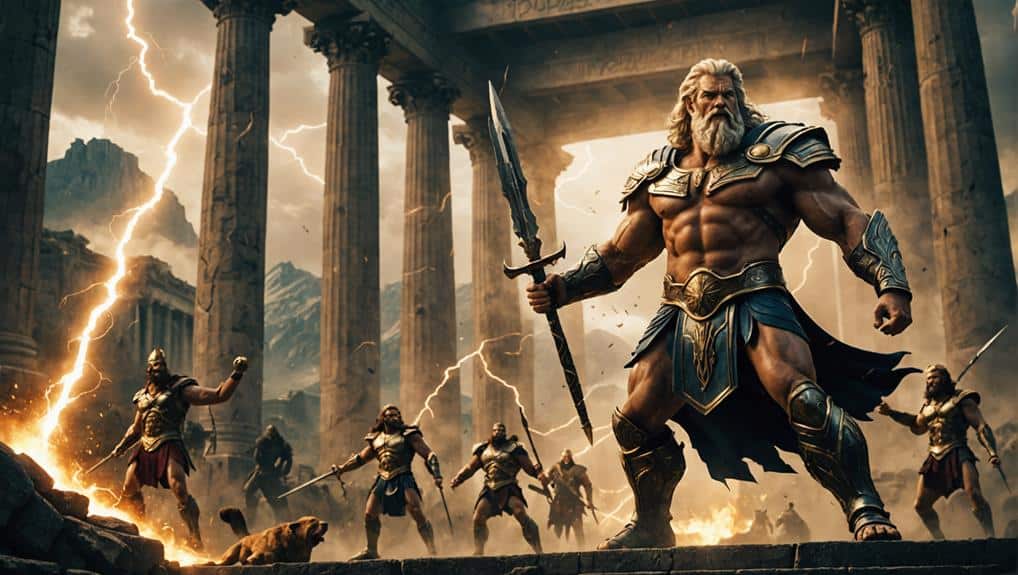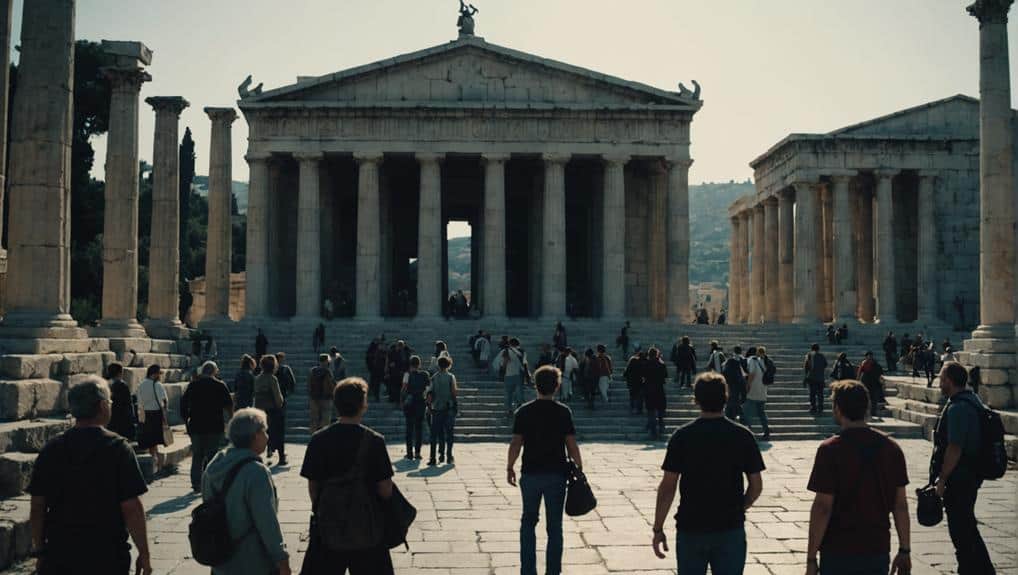The City-States
Overview of Greek City-States (Poleis)
Ancient Greece was not a single unified country but a collection of city-states known as poleis. Each polis functioned as an independent political entity, with its own government, laws, and customs. These city-states were typically centered around a fortified hill, or acropolis, and included surrounding agricultural territories.
Prominent City-States: Athens, Sparta, Corinth, Thebes
- Athens: Renowned for its cultural and intellectual achievements, Athens was the birthplace of democracy. It boasted a powerful navy and was the center of art, philosophy, and education.
- Sparta: Known for its military prowess and austere lifestyle, Sparta was governed by a mixed political system that included two kings and a council of elders. Spartan society emphasized discipline, strength, and martial excellence.
- Corinth: A major commercial hub, Corinth was strategically located on the narrow strip of land connecting the Peloponnesus to mainland Greece. It was famous for its wealth, luxury, and monumental architecture.
- Thebes: Thebes was a powerful city-state in central Greece, known for its military strength and rivalries with both Athens and Sparta. It played a crucial role in Greek politics, especially during the 4th century BC.
Political Structures: Democracy in Athens, Oligarchy in Sparta
- Democracy in Athens: Athens developed the world’s first democracy, where citizens participated directly in decision-making. Key institutions included the Assembly, the Council of 500, and the courts. This system allowed for significant public engagement and political debate.
- Oligarchy in Sparta: In contrast, Sparta was ruled by a small group of elites. The Spartan government included two hereditary kings, the Gerousia (a council of elders), and the Ephors, who were officials elected annually to oversee the kings and maintain order.
Daily Life and Culture in City-States
Daily life in Greek city-states varied greatly depending on social status, occupation, and location. Common elements included:
- Education: Education was highly valued, especially in Athens, where boys were trained in various subjects including philosophy, rhetoric, and athletics.
- Religion: Religion was integral to daily life, with numerous gods and goddesses worshipped. Public festivals, sacrifices, and games were common religious activities.
- Economy: The economy was based on agriculture, trade, and craftsmanship. Markets, or agoras, were central places for commerce and social interaction.
- Social Structure: Society was divided into free citizens, metics (resident foreigners), and slaves. Citizens had political rights, while metics and slaves had limited freedoms and responsibilities.
Philosophers and their Contributions
Socrates: Philosophy of Ethics and the Socratic Method
Socrates (470/469–399 BC) was a foundational figure in Western philosophy who focused on ethics and human behavior. He is best known for the Socratic method, a form of cooperative argumentative dialogue that stimulates critical thinking and illuminates ideas. Socrates never wrote down his teachings; our knowledge of his ideas comes from his students, especially Plato.
Plato: The Academy and His Works Like “The Republic”
Plato (428/427–348/347 BC), a student of Socrates, founded the Academy in Athens, one of the earliest institutions of higher learning in the Western world. His works cover a range of topics, including philosophy, politics, and metaphysics. In “The Republic,” Plato explores justice, the ideal state, and the philosopher-king concept. His writings laid the groundwork for much of Western philosophical thought.
Aristotle: Contributions to Science, Logic, and Politics
Aristotle (384–322 BC), a student of Plato, made significant contributions to numerous fields, including logic, science, and politics. He founded the Lyceum and developed a comprehensive system of Western philosophy. Aristotle’s works on biology, ethics, politics, and metaphysics influenced countless generations of scholars and scientists.
Other Notable Philosophers: Pythagoras, Heraclitus, Democritus
- Pythagoras: Known for his contributions to mathematics, particularly the Pythagorean theorem, Pythagoras also founded a religious movement known as Pythagoreanism, which believed in the immortality and reincarnation of the soul.
- Heraclitus: Famous for his doctrine that change is central to the universe, Heraclitus proposed that everything is in a constant state of flux and that fire is the primary substance of the universe.
- Democritus: Often considered the father of atomic theory, Democritus proposed that everything in the universe is composed of small, indivisible particles called atoms. His ideas laid the foundation for modern scientific thought.
Read More About Greece: City-States and Philosophers
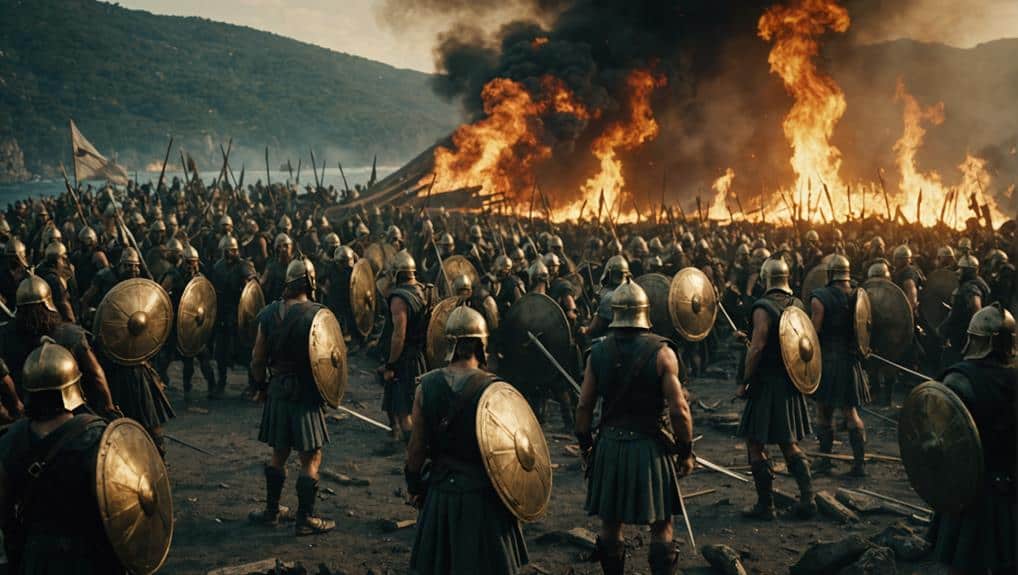
Epic Clash: Inside the Brutal Peloponnesian War!
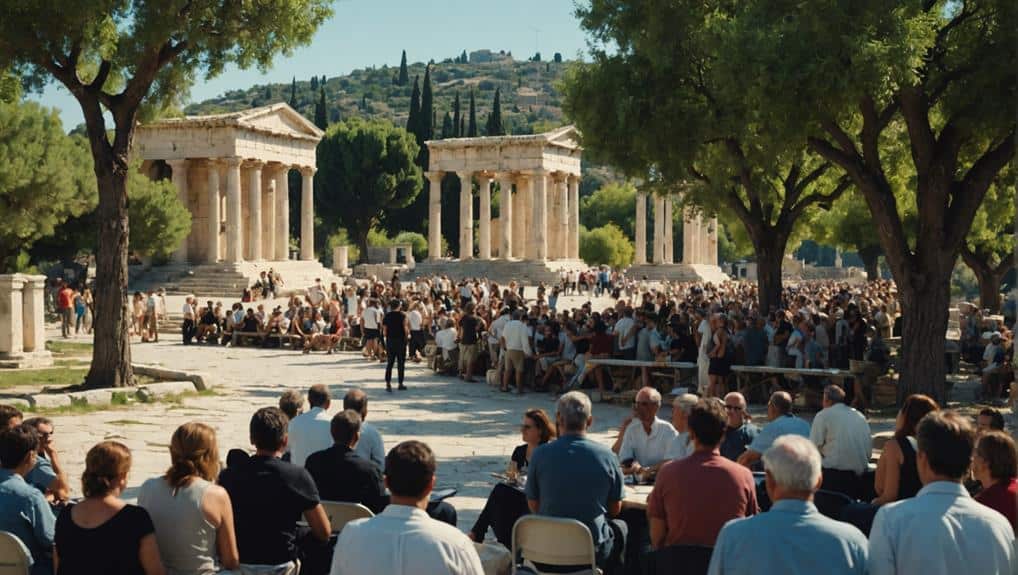
How Athens Invented Democracy: The Birth of People's Power!
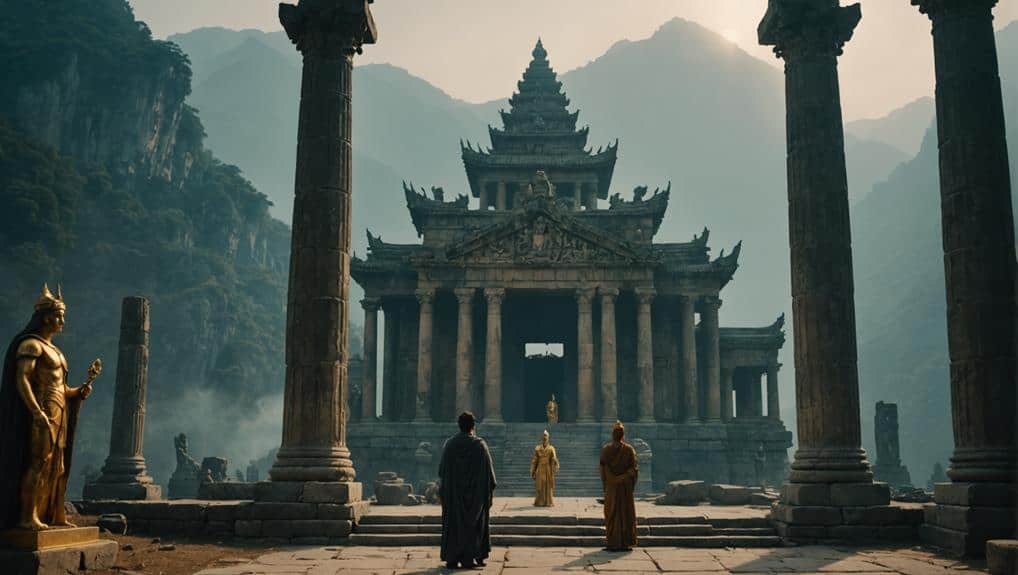
Mystery Unveiled: The Secrets of the Oracle of Delphi!
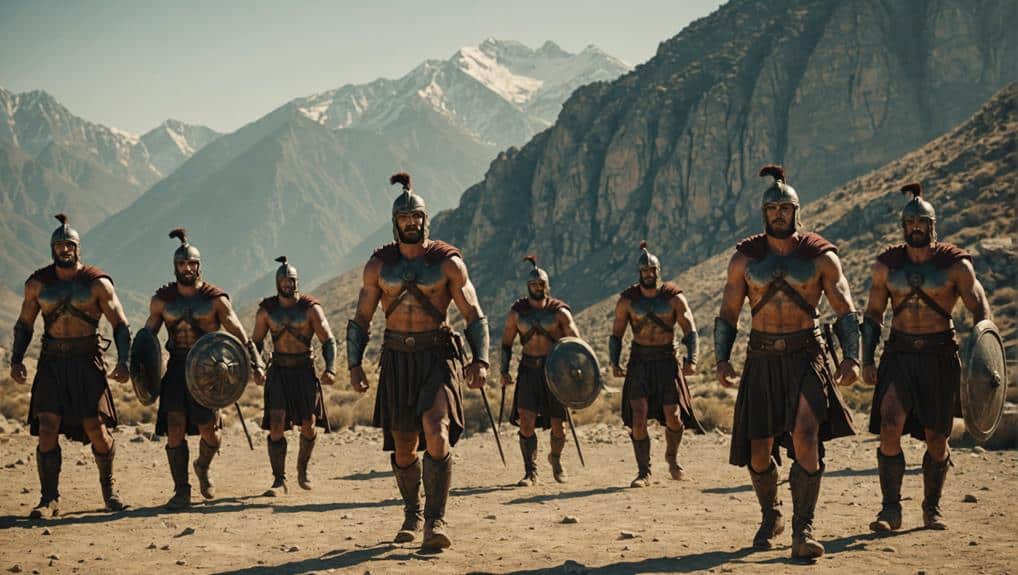
Spartan Secrets: The Brutal Training Regime of the Ultimate Warriors!
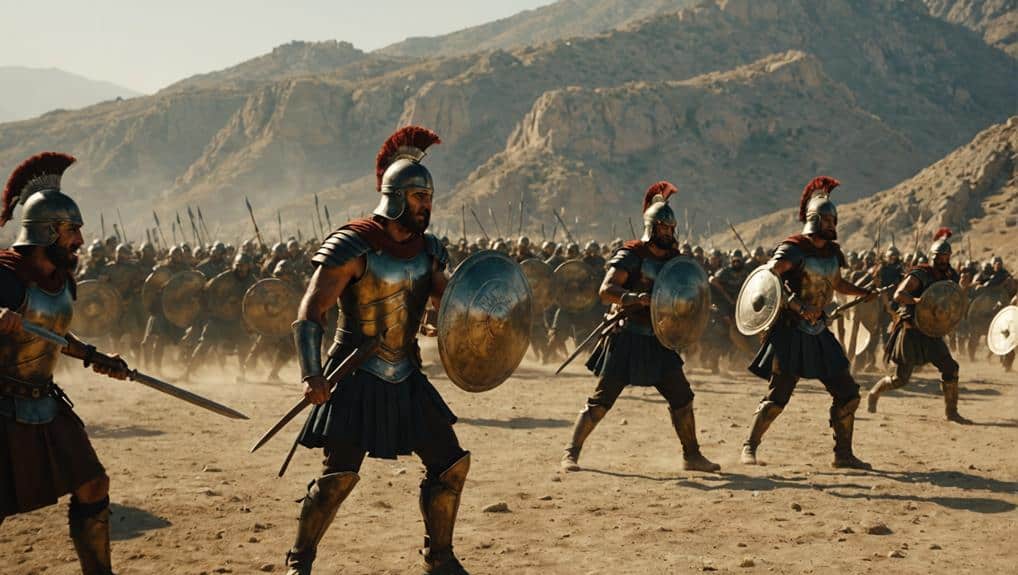
Marathon Miracle: How 10,000 Greeks Defeated a Persian Army!
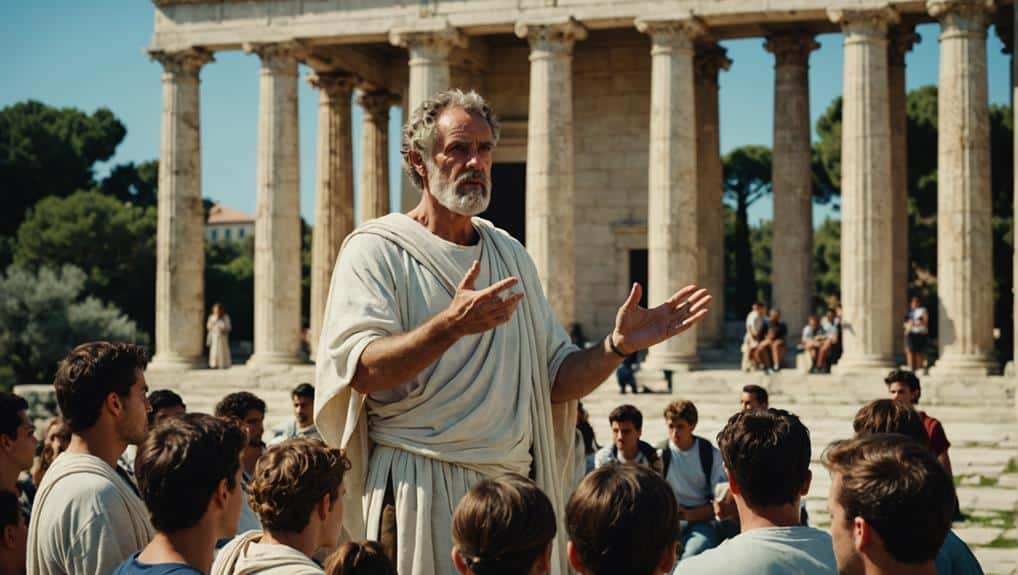
Think Like Socrates: The Method That Changed Philosophy Forever!
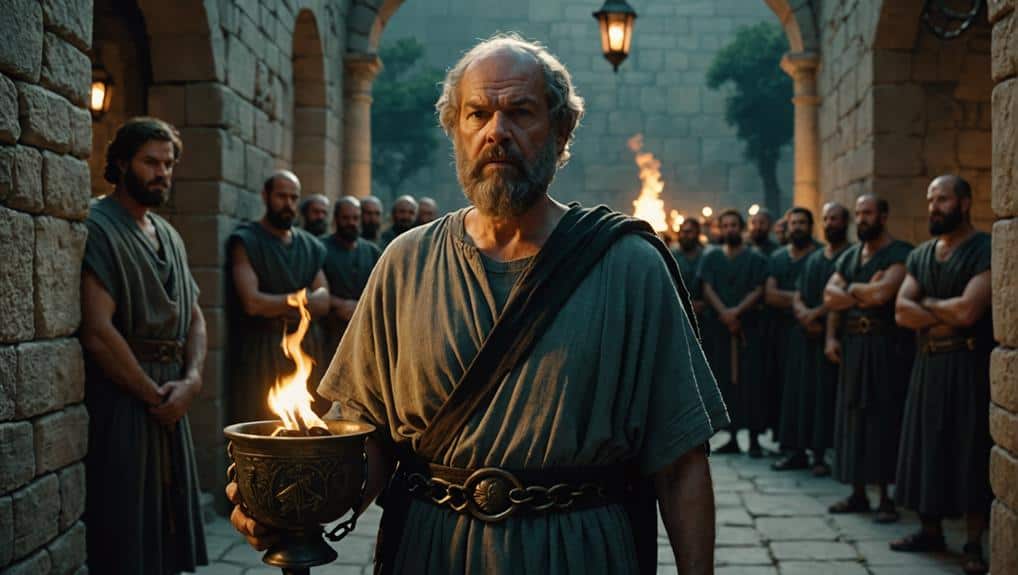
A Philosopher's Last Stand: The Tragic Execution of Socrates!
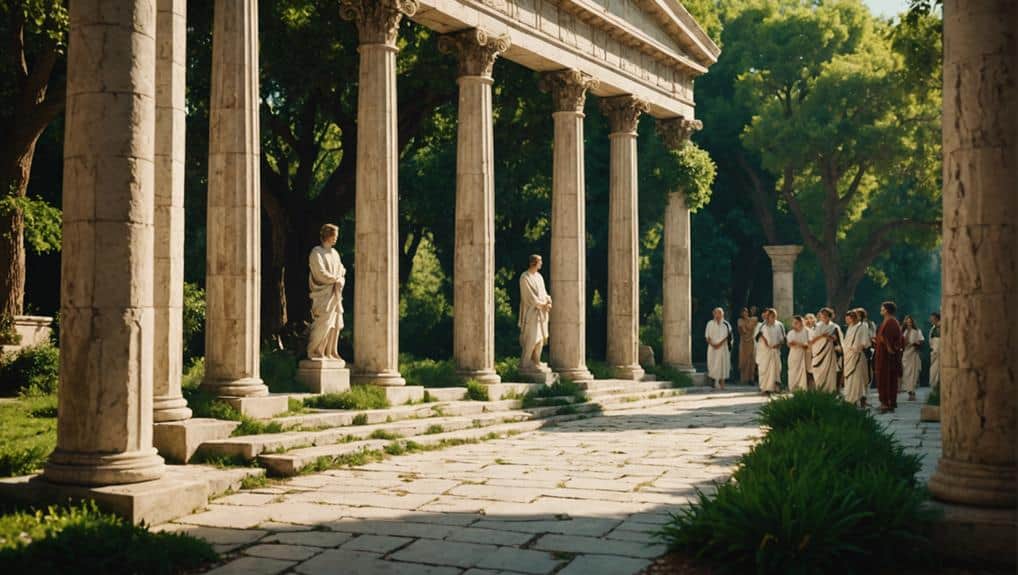
The Lyceum Revealed: Inside Aristotle's School of Wisdom!

Escape the Cave: Plato's Mind-Blowing Allegory!
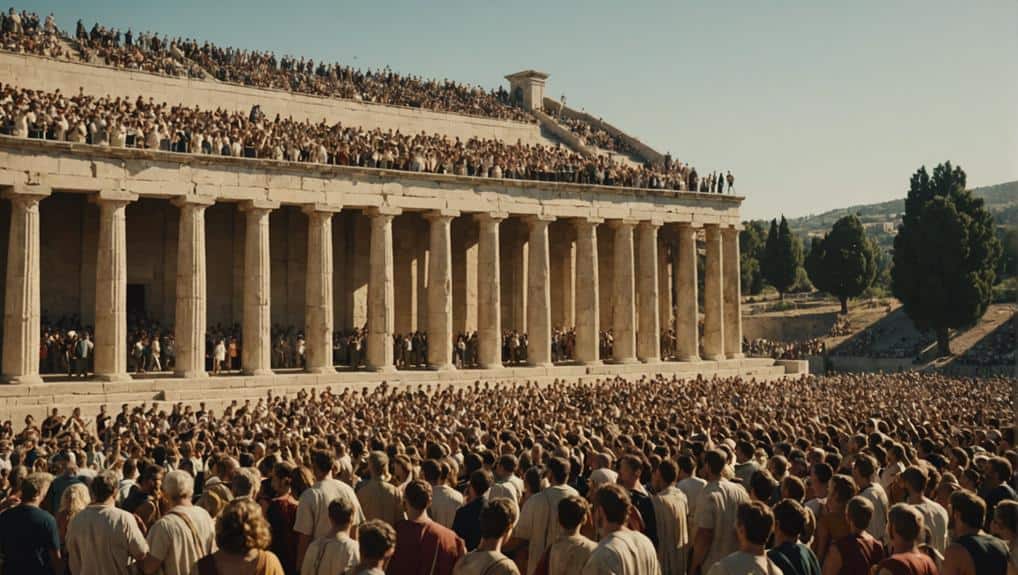
Ancient Olympics: The Original Sports Spectacle!
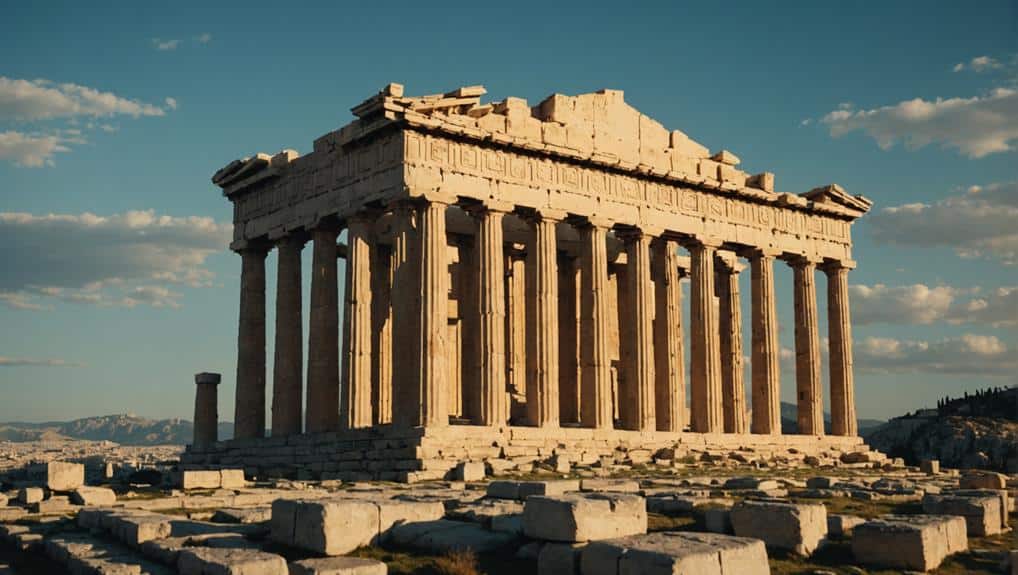
Architectural Marvel: Secrets of the Ancient Acropolis!

Mathematical Mysteries: Pythagoras and His Famous Theorem!
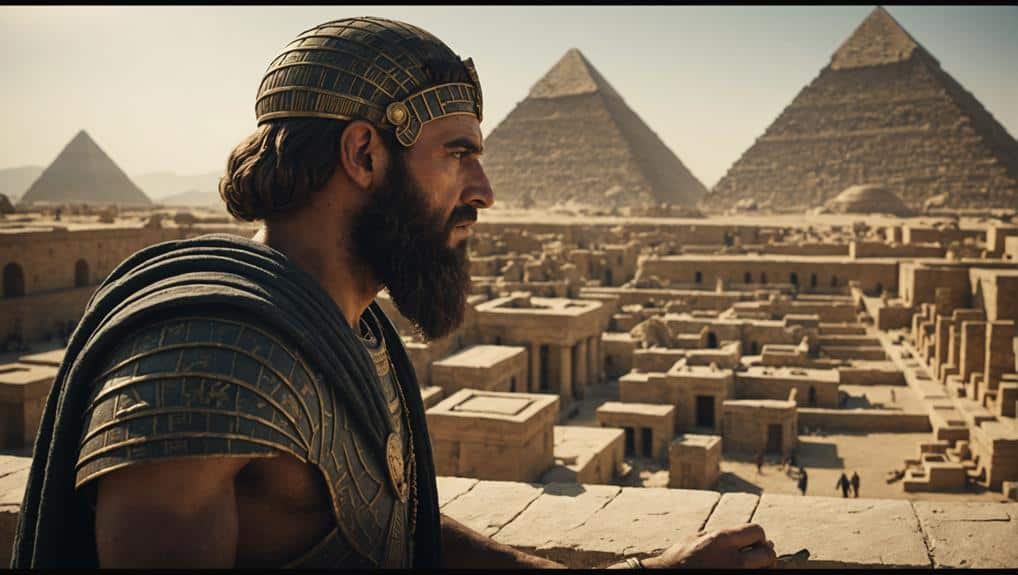
First Historian: How Herodotus Documented the Ancient World!
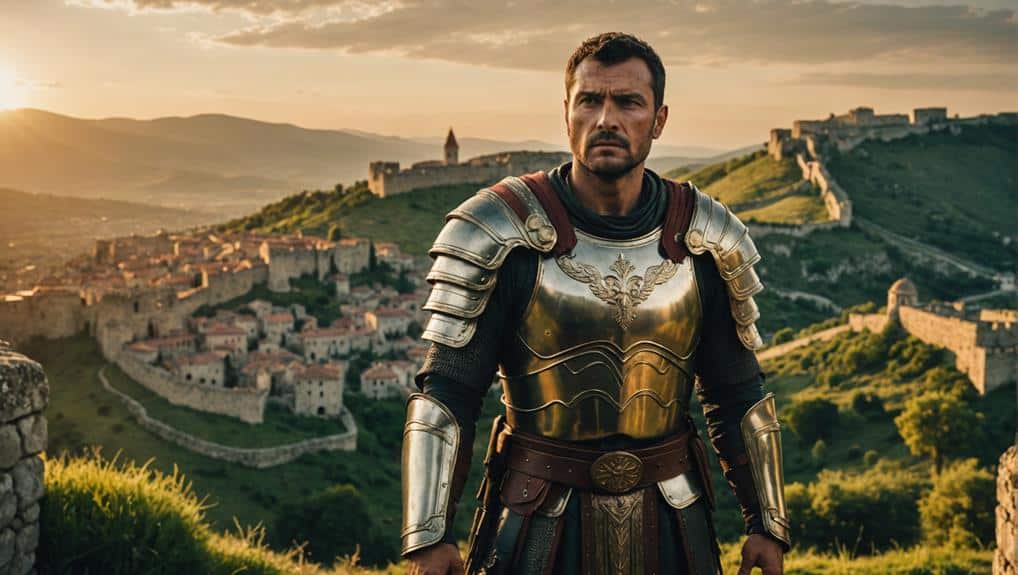
Macedonian Might: The Rise of a Powerhouse!
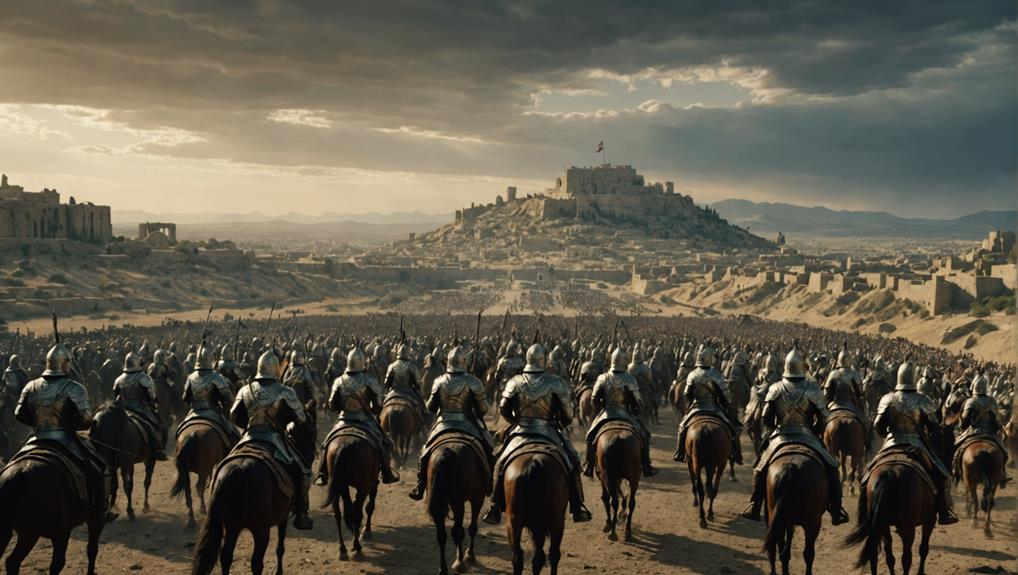
Unstoppable Force: Alexander the Great's Epic Conquests!
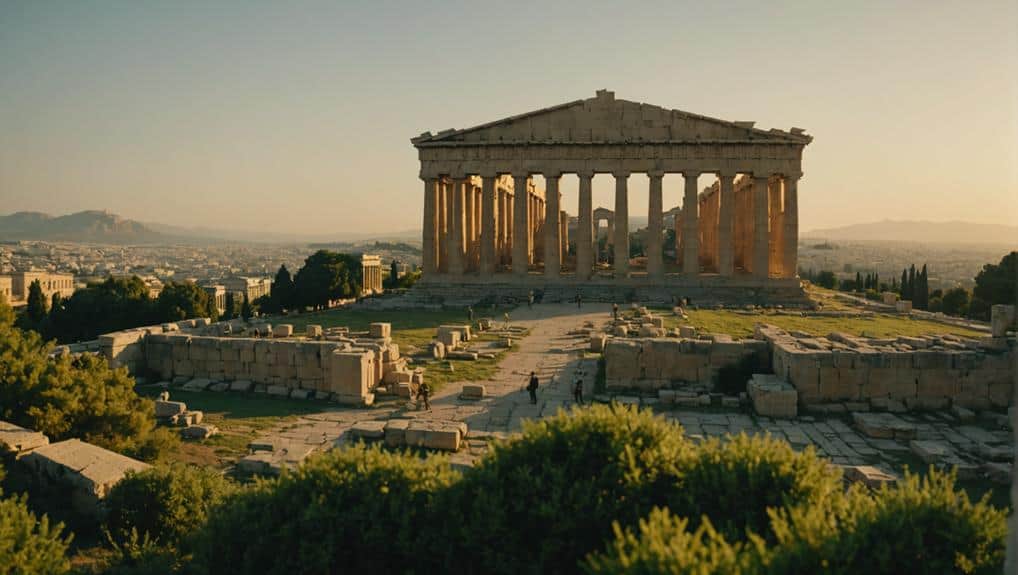
Parthenon Secrets: The Story Behind Athens' Most Iconic Structure!
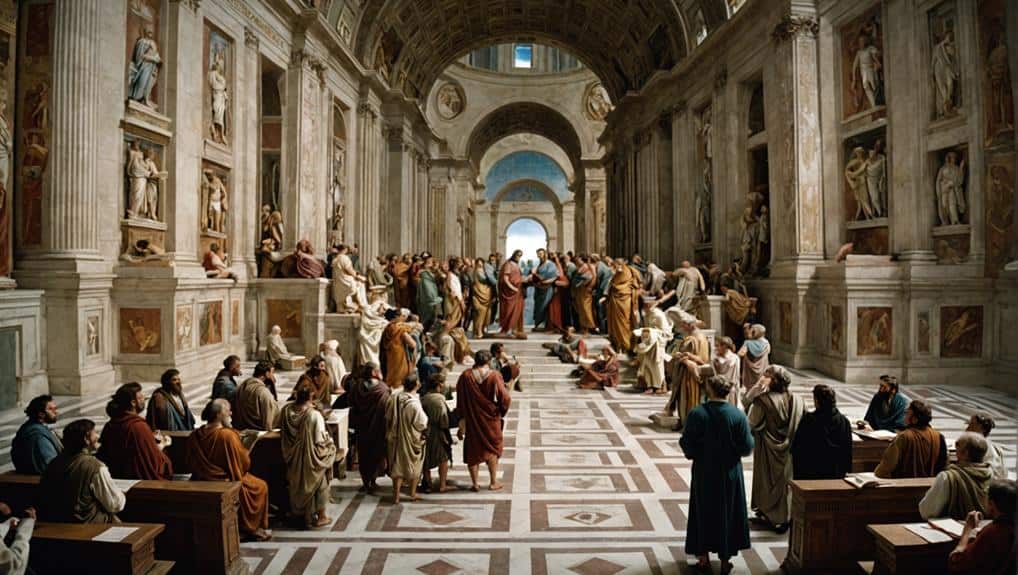
Plato and Aristotle's Legacy: Inside the School of Athens!
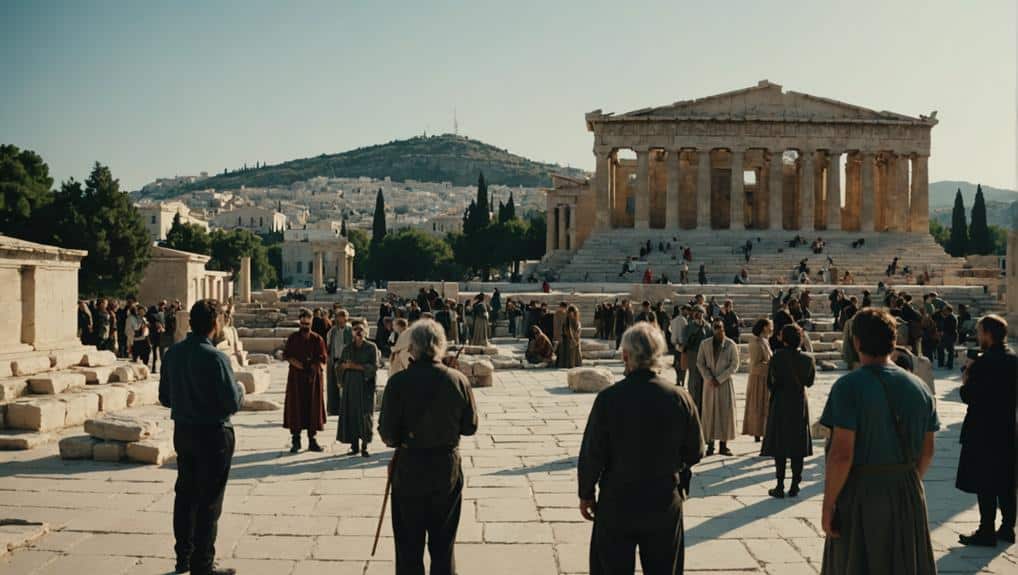
Golden Age of Athens: A Flourishing of Art, Drama, and Science!

Stoic Secrets: Ancient Wisdom for Modern Life!
